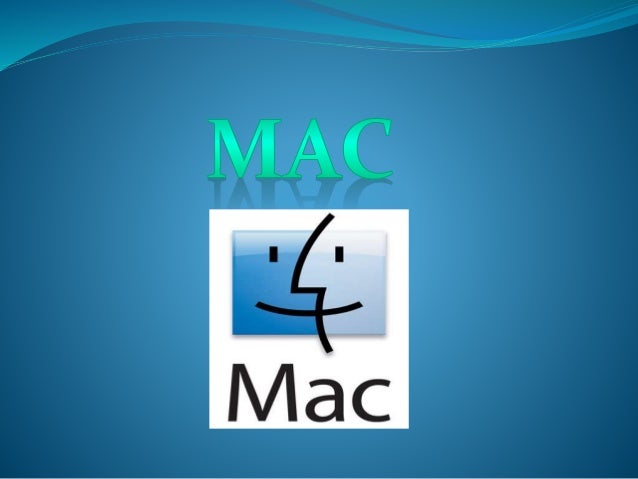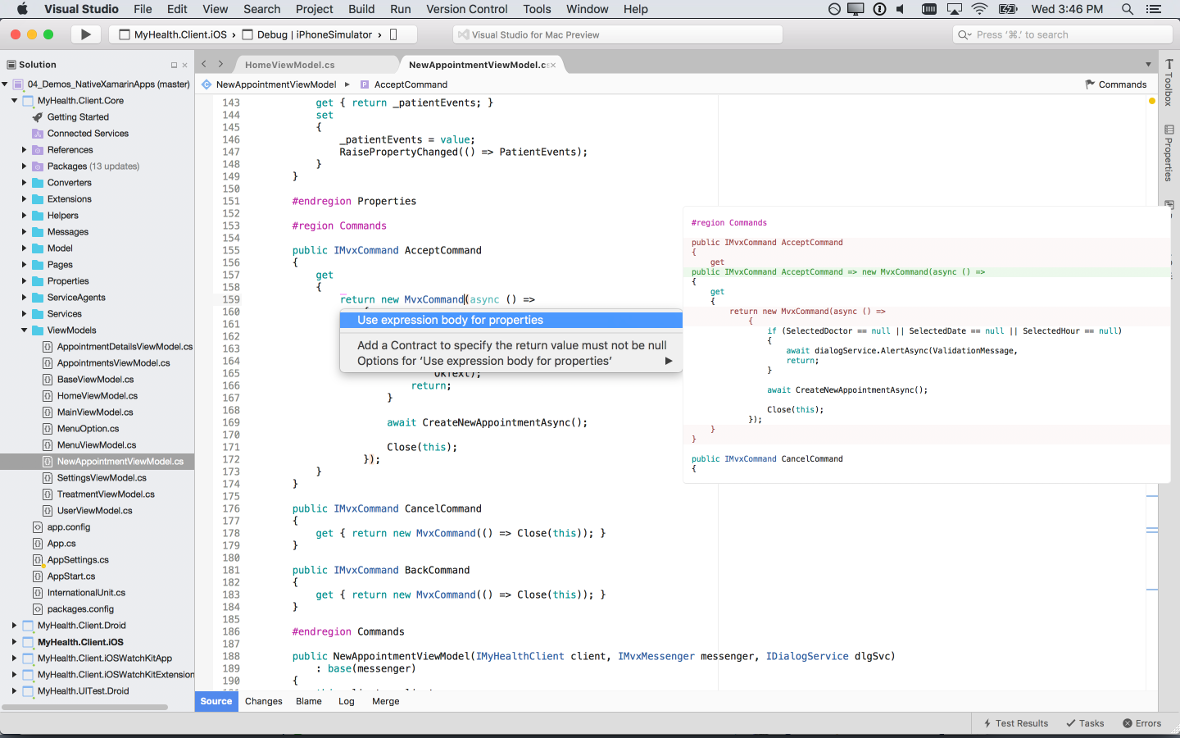For the Mono 1.0 release, MonoDevelop is supported only on Linux, although some members of the Mono community have made it run on Mac OS X. See the “What about” section near the end of this lab for IDE solutions for Windows and Mac OS X. Mono provides the necessary software to develop and run.NET client and server applications on Linux, Solaris, Mac OS X, Windows, and Unix. Sponsored by Novell, the Mono open source project has an active and enthusiastic contributing community and is positioned to become the leading choice for development of Linux applications. KeePassX (for Linux / Mac OS X) KeePassXC (for Linux / Mac OS X) Note that KeePass 2.x runs under Linux / Mac OS X, too; see Running KeePass under Mono. For developers: KeePassJava2 (library for Java) Icons: No trailing icon = compatible with both KeePass 1.x and 2.x. = compatible with KeePass 1.x only. = compatible with KeePass 2.x only.
Apple created the XQuartz project as a community effort to further develop and support X11 on Mac. The XQuartz project was originally based on the version of X11 included in Mac OS X v10.5. There have since been multiple releases of XQuartz with fixes, support for new features, and additional refinements to the X11 experience. Apple is a contributor to the XQuartz project and has worked to ensure that X11 works as expected with macOS and latest available versions of XQuartz.
X11 server and client libraries for macOS are available from the XQuartz project at www.xquartz.org. Download the latest version available.
A while back I bought one of those 15 GBP DVB-T dongles to seeif they’re good for anything. Turns out, they’re pretty amazing devices, and you can’t possibly beat the price given its capabilities.
Sadly, the variety of software available for the Mac leaves much to be desired. Apart from the rtlsdr suite and Gqrx, there are very few programs available.
This evening, I turned my attention to SDRSharp - an SDR suite originally targeted at the Windows platform, written in C#. Immediately, I thought of Mono,and if it would be possible to run SDRSharp on a Mac, given a Mono runtime. Mind you - the last time I looked at Mono (around 2006), the folks behind itwere working on reimplementing Windows.Forms, so it wasn’t exactly ready for the prime time back then.

This writeup describes how to get SDRSharp up and running on Mac OS X
Download the Mono platform and install Xamarin Studio.
First, you’ll need to download the Mono runtime (an equivalent of the .NET Framework for platforms other than Windows). Head over to the project page and select Mac OSX - there are two packages to download and install:
- Mono + GTK# - the framework runtime.
- Xamarin Studio - an IDE for Mono.
Install the portaudio and rtlsdr libraries.
In order to talk to your dongle, you’ll need a library (rtl-sdr) which exposes an abstraction layer and talks to the dongle using libusb. Since this is a native library(compiled for a particular platform - in our case Mac OS X), you’ll need to build it from scratch using MacPorts. SDRSharp uses P/Invoke facilitiesto talk to the libraries in question. All you need to do is build them for the right architecture (i386).
Assuming you have MacPorts installed, simply issue the following commands. The +universal variant is important.
Building the latter may take a while, or at least it did in my case - ImageMagick was rebuilt among others (go figure).

Get the SDRSharp sources.
In a directory of your choice, run the following:
This will pull the latest SDRSharp sources from the repository.
Build the SDRSharp binary.
Download Mono For Mac Os X
Fire up Xamarin Studio, open an existing project and select SDRSharp.sln in the sdrsharp directory you just checked out. Change the active configuration (Project | Active Configuration) to |
Release|x86. Then select Build | Build All and give it a minute or so to build everything. |
Set up symbolic links to the libraries you’ve installed above.
This will tell the mono runtime where to load the native libraries from. You will need at least portaudio – the latter is only required if you want to use the USB dongle.
Run it.
Head over to the sdrsharp/Release directory and run:
edit: Eric Brombaugh pointed out the following:
- The Mono and IDE suggestions you made are fine for those running newer versions of Mac OS X. I’m still on 10.6.8, so I had to install older versions of Mono and MonoDevelop.
- With the older versions of the .net tools, the SDR# .sln file wasn’t recognized, so I had to back off the version number in the .sln file by editing values in the header.

edit: Increasing performance
You may try your luck by precompiling the executable with mono --aot=full -O=all SDRSharp.exe. This will prevent the mono runtime from executing its JIT compiler, potentiallyleading to increased performance (it appears to help on my old Mac Mini, but YMMV). You’d then run the binary with mono SDRSharp.exe - the precompiled code will be executedautomatically.
edit: SDRSharp goes closed source

The author of SDRSharp decided to close the source for the software – if you’re okay running an old version (from September 2013), then you can get those sources from github.Instead of running svn co above, do the following:
Mono For Mac Os
I’ve attempted to run the latest binaries with Mono, but did not succeed.